Posted on 4/28/2025
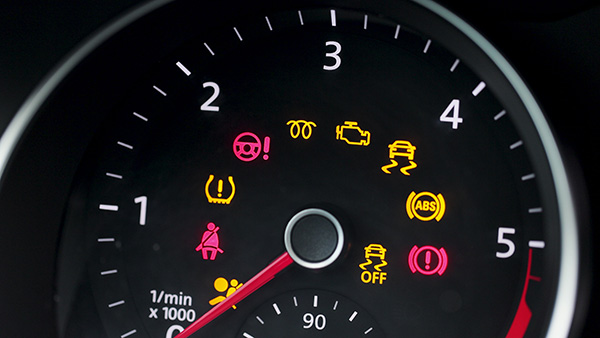
Today’s vehicles rely heavily on sensors to monitor everything from fuel and air mixtures to tire pressure and emissions. These sensors feed real-time data to your car’s computer systems, helping the engine run smoothly and alerting you when something goes wrong. But what happens when one sensor goes bad? In many cases, it doesn’t just cause one light to come on—it can trigger several. Here’s how a faulty sensor can lead to multiple warning lights and what it means for your vehicle. The Role of Vehicle Sensors Modern vehicles contain dozens of sensors, each responsible for tracking a specific function. For example, oxygen sensors monitor emissions, mass airflow sensors track incoming air, wheel speed sensors assist with ABS, and the throttle position sensor helps manage acceleration. All of this information is processed by your vehicle’s computer (often called the ECM or PCM) to ensure proper performance. When one of these sensor ... read more
Posted on 3/28/2025
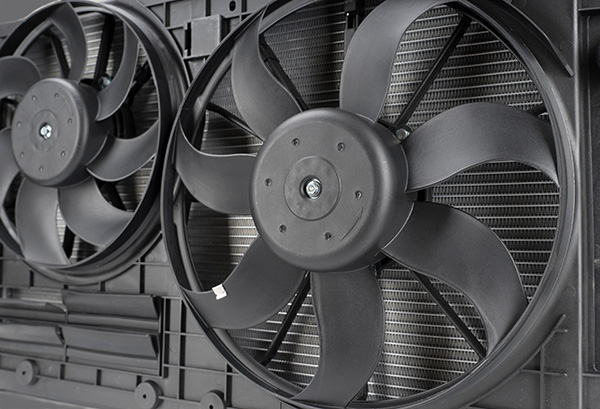
Noticing your cooling fan running after you turn off the engine can be confusing, but it isn’t always a sign of trouble. Many modern vehicles are designed to let the fan keep spinning to help cool the engine or prevent heat buildup under the hood. That said, if the fan stays on for too long or runs constantly, it could point to an issue with the cooling system, a faulty sensor, or an electrical problem. Knowing what’s normal and what’s not can help you catch problems early and avoid unnecessary repairs. Why the Cooling Fan Stays On After You Shut Off the Car Modern engines run hotter than older ones because they’re designed for efficiency and reduced emissions. That means they need better cooling—and the fan is part of that equation. When you park after a long drive or after sitting in traffic, the engine might still be above its target temperature. So, even though you’ve turned the car off, the cooling fan may stay on briefly to ... read more
Posted on 2/28/2025
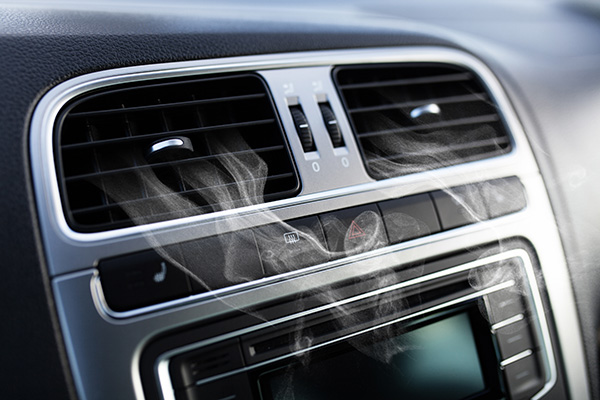
A strong gasoline smell inside your car’s cabin is more than just unpleasant—it could be a warning sign of a serious issue. While a faint odor after refueling might not be cause for concern, a persistent or sudden fuel smell shouldn’t be ignored. Gasoline fumes are highly flammable and can pose health risks with prolonged exposure. Whether it’s a leaking fuel line, a faulty gas cap, or an evaporative emissions system issue, identifying the cause quickly is crucial for your safety. What’s behind that lingering fuel odor, and how should you handle it? Possible Causes of a Gas Smell Inside Your CarFuel Leak in the System One of the most common reasons for a gas smell in the cabin is a fuel leak somewhere in the system. Fuel lines, injectors, and the fuel tank can develop cracks or loose connections, allowing gas fumes to escape. If you smell fuel while driving or notice wet spots under the car, a ... read more
Posted on 1/31/2025
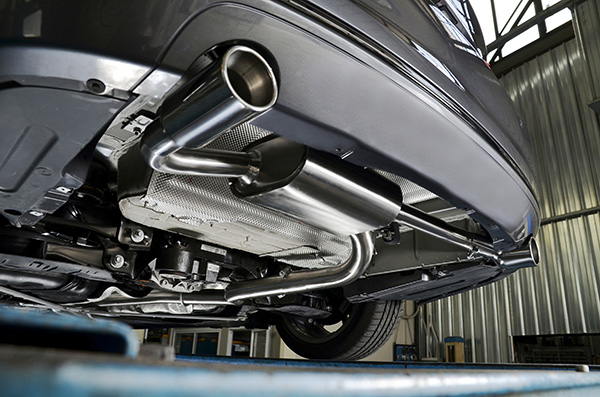
Your car’s exhaust system does a lot more than just direct fumes away from the engine—it plays a critical role in fuel efficiency, emissions control, and overall vehicle performance. Yet, it’s often one of the most neglected areas when it comes to maintenance. Drivers tend to focus on oil changes and tire rotations, but a failing exhaust system can lead to expensive repairs and even serious health risks. If you’ve never had your exhaust system inspected, or it’s been a while since your last check-up, now is the time to learn why it’s so important. What Does the Exhaust System Do Your exhaust system works to safely channel harmful gases away from the engine and out of the vehicle. It also helps reduce the emissions your car releases into the environment and keeps noise levels in check. The system includes several key components: Exhaust manifold: Collects exhaust gases from the engine’s cylinders. Ox ... read more
Posted on 12/21/2024

Cold weather can bring out the quirks in your car, especially when it comes to how it handles the road. You may notice a ride that feels bumpier than usual, leaving you wondering what’s going on. It’s not your imagination—freezing temperatures affect your vehicle in ways you might not expect. Let’s explore why cold weather impacts your car’s ride and what you can do about it. How Cold Temperatures Affect Your Tires Tires are one of the most significant factors influencing how your car feels on the road. In colder weather, the air inside your tires contracts, which can lead to a drop in tire pressure. Underinflated tires don’t absorb shocks from the road as well, causing the ride to feel rough. On top of that, the rubber in your tires becomes stiffer in cold conditions, reducing their ability to flex and grip the road. Maintaining the correct tire pressure is crucial year-round, but it becomes even more critical when temperatures p ... read more
Posted on 11/28/2024

When it comes to your vehicle, trust is everything. Whether it’s a routine check-up or a major repair, you want to know the person working on your car has the skills and knowledge to get the job done right. That’s where ASE certification comes into play. But what exactly is ASE certification, and why does it make such a big difference in the quality of auto repairs? What Is ASE Certification ASE stands for the National Institute for Automotive Service Excellence, an independent nonprofit organization established to improve the quality of automotive service and repair. ASE-certified technicians have demonstrated their expertise through rigorous testing and real-world experience. To earn certification, a technician must pass a challenging exam that tests their knowledge of various automotive systems, from brakes to engine performance. But it doesn’t sto ... read more
Posted on 10/31/2024
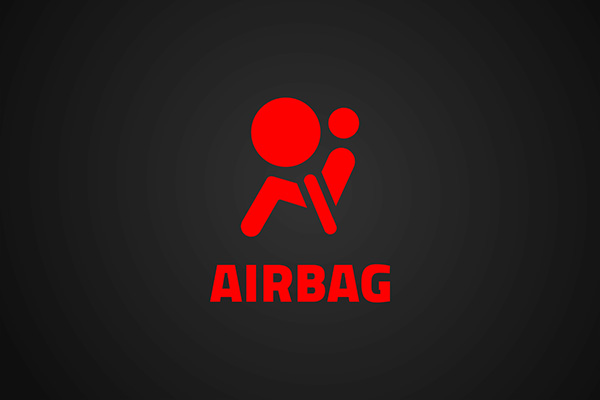
Airbags are one of the most essential safety features in modern vehicles. Designed to deploy during collisions and protect passengers from severe injury, they’ve saved countless lives since their introduction. However, like any other component in your car, airbag systems aren’t immune to issues. Whether you’re driving a newer model or an older vehicle, understanding the most common airbag system problems can help you stay safe and address issues before they become hazardous. 1. Airbag Warning Light Stays On One of the first signs that something might be wrong with your airbag system is when the warning light on your dashboard stays on. This light is designed to alert you to potential issues within the airbag system, whether it’s with the sensors, wiring, or the airbags themselves. When the airbag warning light is illuminated, it typically means that the system has been deactivated, which could prevent the airbags from deploying in an accident ... read more
Posted on 9/27/2024
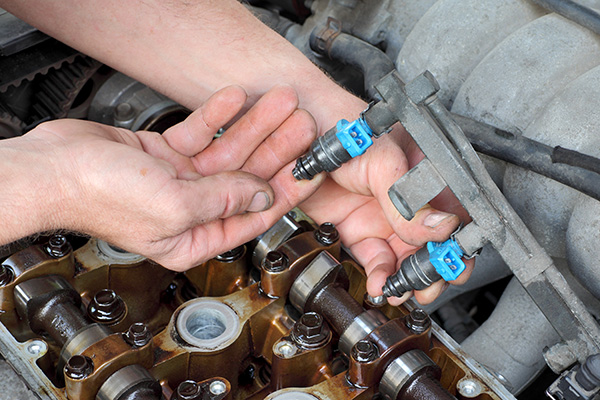
When it comes to keeping your car running efficiently, the fuel injectors play a pivotal role. Whether you’re cruising on the highway or idling in traffic, your fuel injectors are constantly at work, ensuring your engine gets the right mix of air and fuel. But what exactly does a fuel injector do, and why is it so critical to your vehicle’s performance? What Is a Fuel Injector? At its core, a fuel injector is a vital component of your car's fuel system. It's responsible for delivering fuel into the engine's combustion chamber in precise amounts. This mixture of fuel and air is then ignited, generating the power needed to move your car. Fuel injectors replaced carburetors in most modern vehicles due to their superior efficiency and precision. Today, fuel injectors are a critical component in optimizing both fuel efficiency and engine performance. How Do Fuel Injectors Work? Fuel injectors work through a series of electronical ... read more
Posted on 8/27/2024
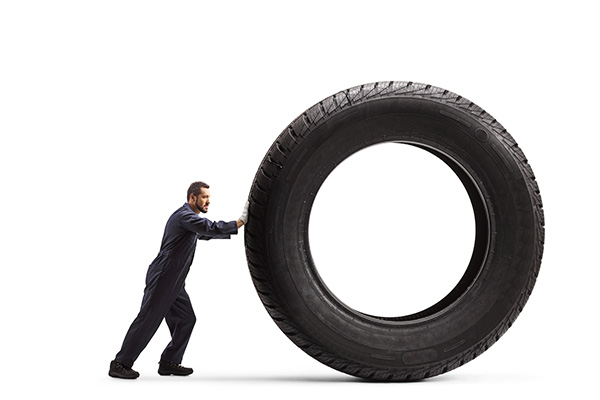
When it comes to personalizing your vehicle, upgrading to bigger wheels and tires is a popular choice among car owners. The idea of giving your car a more aggressive posture, improving its performance, or simply making it stand out on the road is appealing. But, like any modification, there are both benefits and drawbacks to consider before making the switch. Whether you're after a more dynamic look or an enhanced driving experience, it’s essential to weigh the pros and cons of upgrading to bigger wheels and tires. Why Bigger Wheels Are So Popular Let’s face it, bigger wheels just look cool. One of the most compelling reasons car owners choose to upgrade their wheels and tires is the aesthetic appeal. Larger wheels give your vehicle a sportier, more aggressive appearance that can completely transform its look. If you're aiming for a customized appearance, bigger wheels can make your car stand out in a crowd. They also tend to fill the wheel well b ... read more
Posted on 7/29/2024
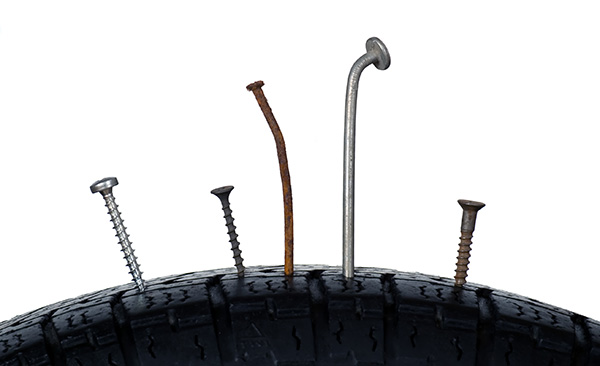
We've all been there – a sudden bump on the road followed by the unmistakable flapping sound of a flat tire. It's a frustrating experience, but the good news is that not all flat tires spell the end for your rubber companions. Understanding when a tire repair is possible can save you money, time, and the hassle of needing a brand-new tire. So, how do you know when a tire is repairable? Assessing the Damage Location One of the first things to consider when determining if a tire repair is possible is the location of the damage. Punctures in the tread area are generally repairable, especially if they're not too close to the edges. This central part of the tire is designed to endure road hazards better, making it a prime candidate for repair. However, repair is not possible if the puncture is on the sidewall or shoulder of the tire. The sidewall flexes more and supports the weight of the vehicle, making it a weak spot for repairs. The Extent of ... read more